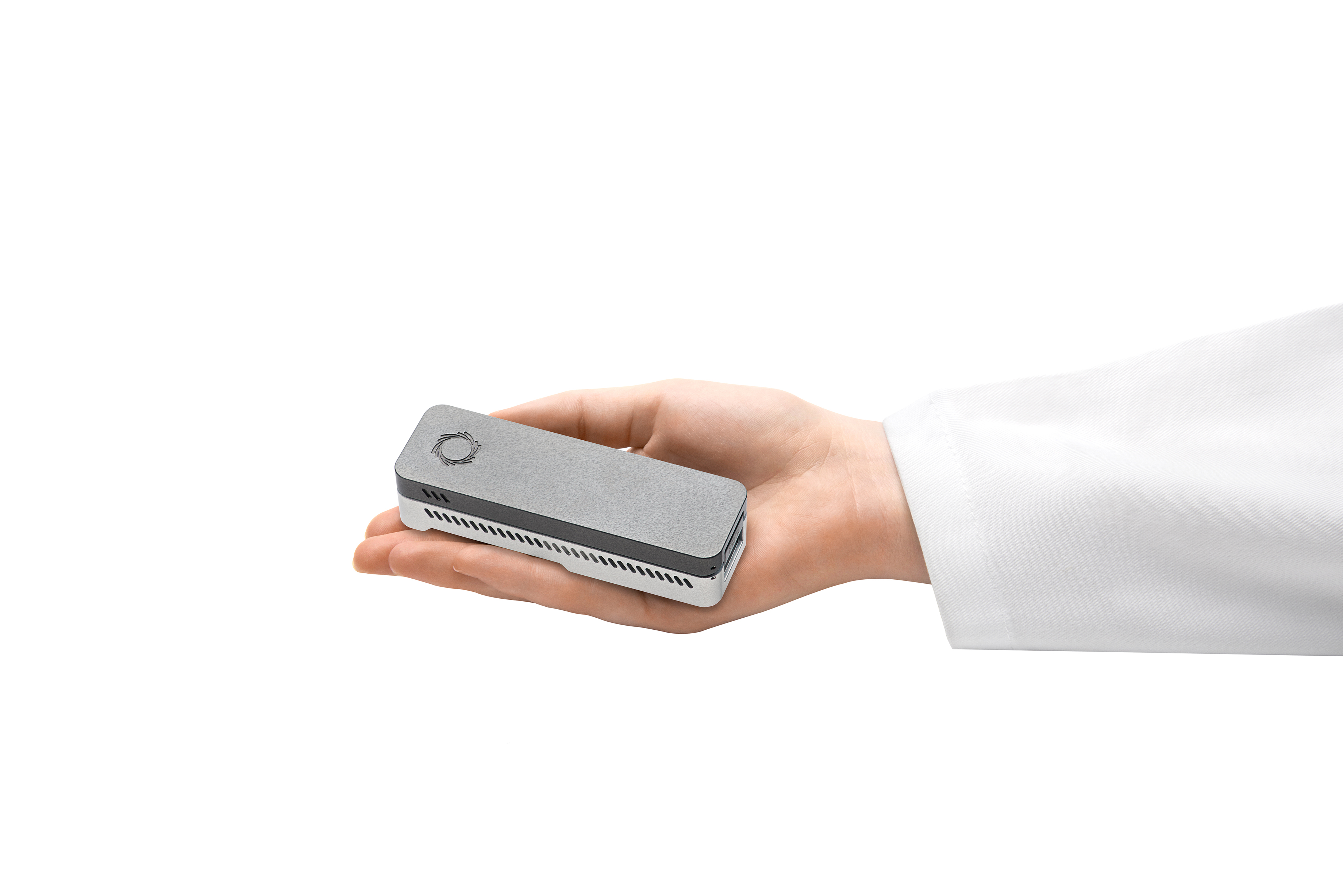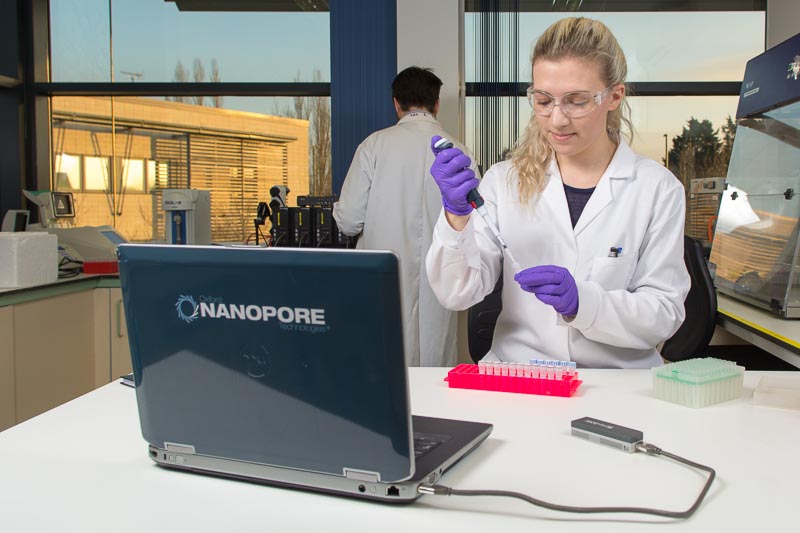The Drown Lab has been awarded a two year grant to engage undergraduate researchers using new genomic technology to explore the Alaska soil microbiome. We'll be traveling across the state and working with undergraduates using the latest Nanopore sequencing devices (MinIONs).



